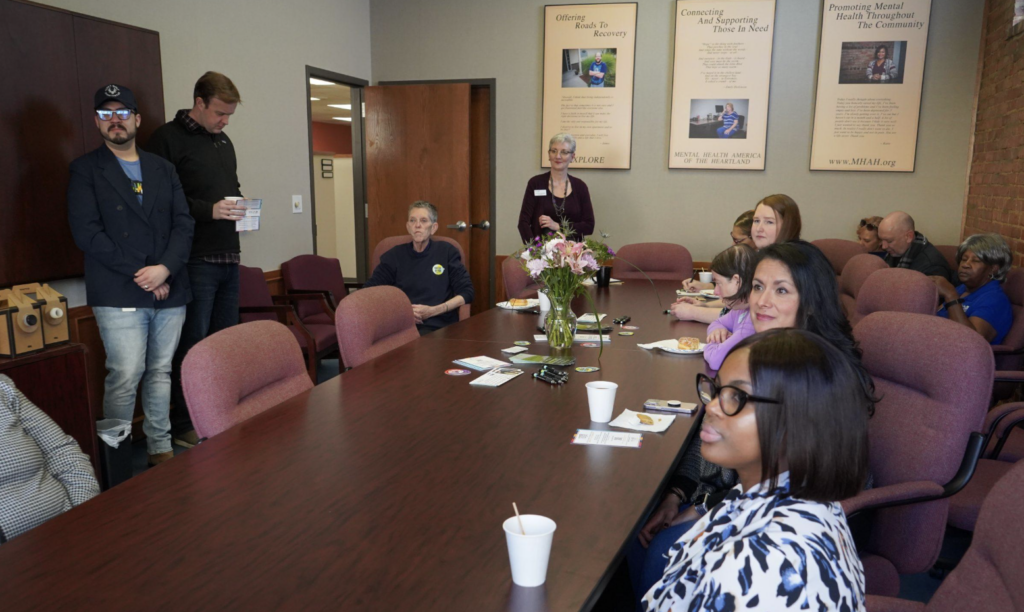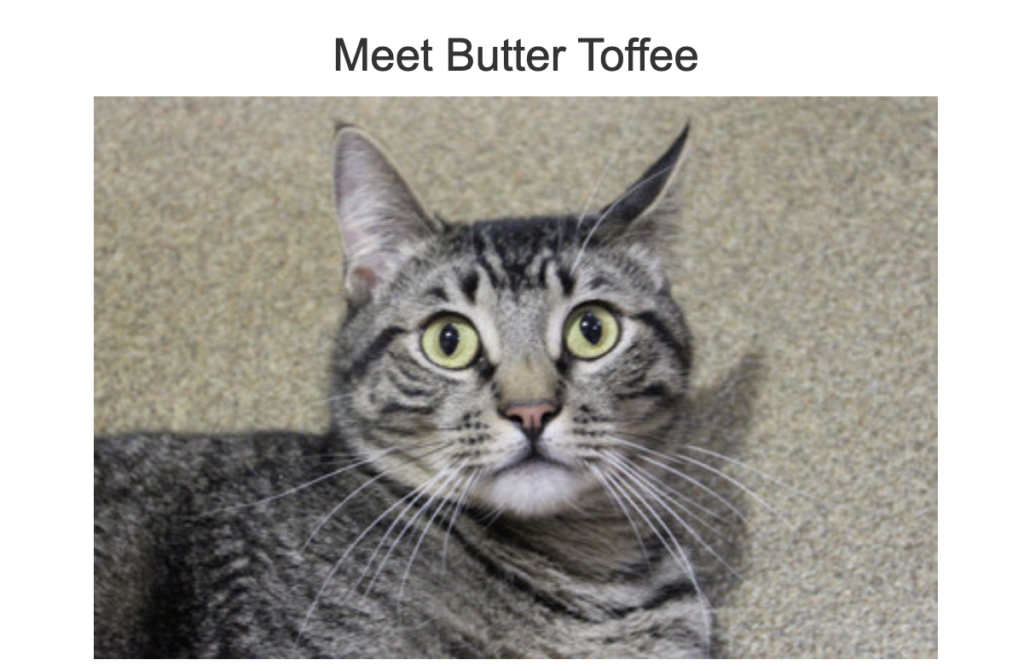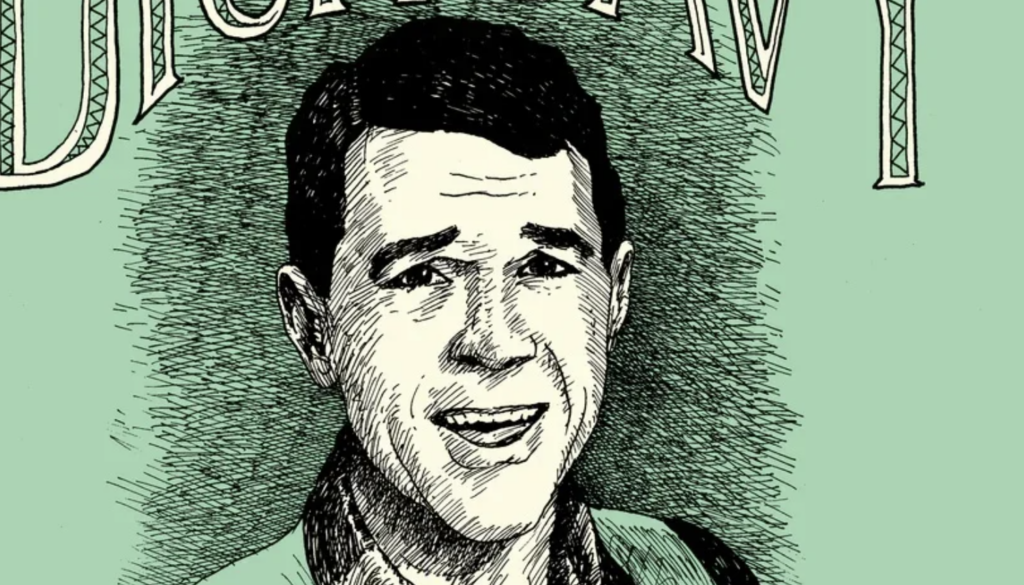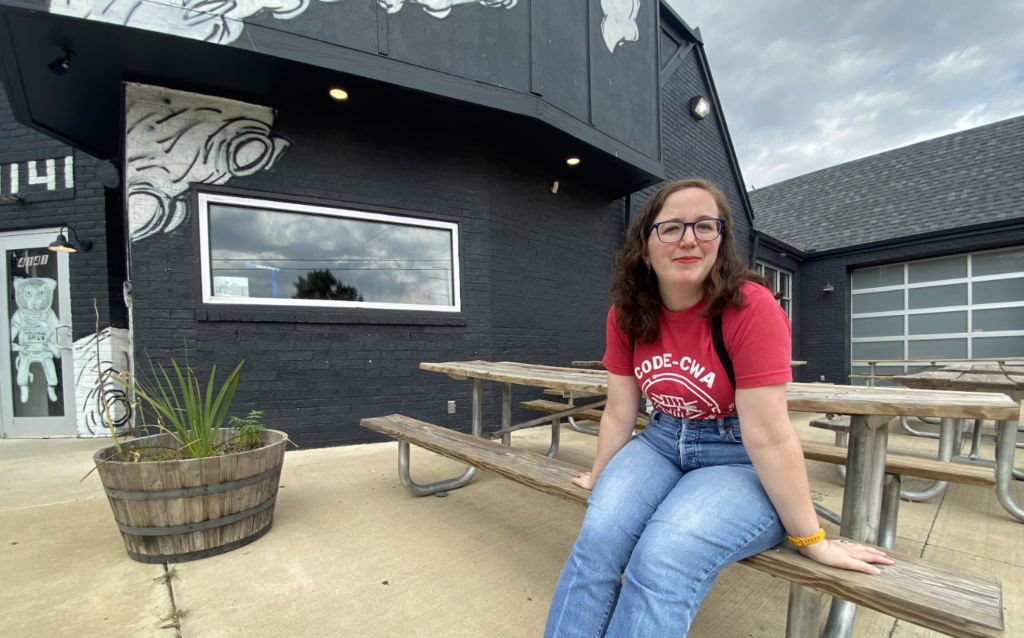Newly founded Diversabilities provides job opportunities, training for disabled communities
“We’re all experts at what we do because we've been living it our whole lives,” Harris says. “And I'll be honest, none of us feel like we're disabled—we just feel like we have different challenges.”
Amy Harris didn’t think she would go to college. Growing up with a learning disability, she was always told she would never make it to college because she wasn’t smart enough. By the time she graduated high school in 1994, the prognosis was the same— there was still so little known about ADHD and autism in women and young girls.
“They just assumed I was dumb, which I’m not,” Harris says.
Now in her 40s, Harris has founded a nonprofit giving those with cognitive disabilities a workspace to make their own income, receive transition services, and training in job and independent living skills. Run largely by individuals with disabilities, Diversabilities is gearing up to open its first brick-and-mortar store.
With minimal support in high school, she graduated with a 1.3 GPA. It wasn’t until she was divorced with children that she finally decided to go to college and earn her undergraduate degree in Severe Developmental Delay from the University of Central Missouri. Because of the treatment she received in school, Harris decided to get her masters in Postsecondary Transition from the University of Kansas so that she could make learning in schools easier for people like her.
“I really thought I was like the autism whisperer,” Harris says. “I had these autistic students who loved me and I just thought that they were awesome. Turns out I was one of them.”
While pursuing her master’s degree at KU, Harris worked at William Chrisman High School in Independence in the special education department. From the start, Harris committed to fostering the supportive school environment she didn’t get as a student with autism.
When she took over the program, only the three highest performing students of the self-contained classroom were permitted to help run the school cafe—a rule she quickly amended to include all students, despite the administration’s protest. Even when the administration shortened the cafe’s hours to being open just ten minutes a day, Harris’s students brought in $10,000 in just six months from running the coffee shop.
A month after receiving her master’s, Harris had a DEI dispute with the administration at William Chrisman. When they let her go three days after this, they cited a Facebook post of hers as the reason: “They fired me for posting a cuss word on Facebook at 7 a.m. That was all they had.”
It was after her time at William Chrisman that she then went to work at The Whole Person, a local non-profit providing services for those with disabilities in Kansas City. During her time there, Harris was in the process of adopting her fourth and youngest son, who has disabilities of his own and required a lot of care. At the time, Harris was attempting to gain a flexible schedule so that she could be at home to care for her son when he needed it. But those at the organization were less than accommodating to this.
When a new CEO was brought on at The Whole Person, Harris was the first to be fired in a stream of layoffs at the organization. All of the employees who were fired happened to have disabilities of their own, causing a slew of lawsuits and other legal issues that are still being worked out today.
Harris, along with help from former employees of The Whole Person—many of whom also have disabilities—have now put together a new non-profit organization called Diversibilites.
“We’re all experts at what we do because we’ve been living it our whole lives,” Harris says. “And I’ll be honest, none of us feel like we’re disabled—we just feel like we have different challenges.”
The mission of this organization is to allow those with disabilities to get the experience they need to get any job they want instead of being limited to a small pool of jobs like those in retail and cleaning. An example of this is a program prepping those with different abilities for jobs in the restaurant industry by earning their food handlers license and other credentials.
“We want to make sure that people with disabilities have meaningful, livable wages and that they aren’t pigeonholed into jobs,” says Harris.
Along with the other members of Diversabilities, Harris is currently working on getting their work off paper and into the community, all the while prepping for their grand opening at SantaCaliGon Days Festival Labor Day weekend. Money raised through their booth will go towards acquiring a facility in Independence that will include a bakery and coffee shop. Until then, you can keep track of their progress on Facebook, Instagram, and their website.







